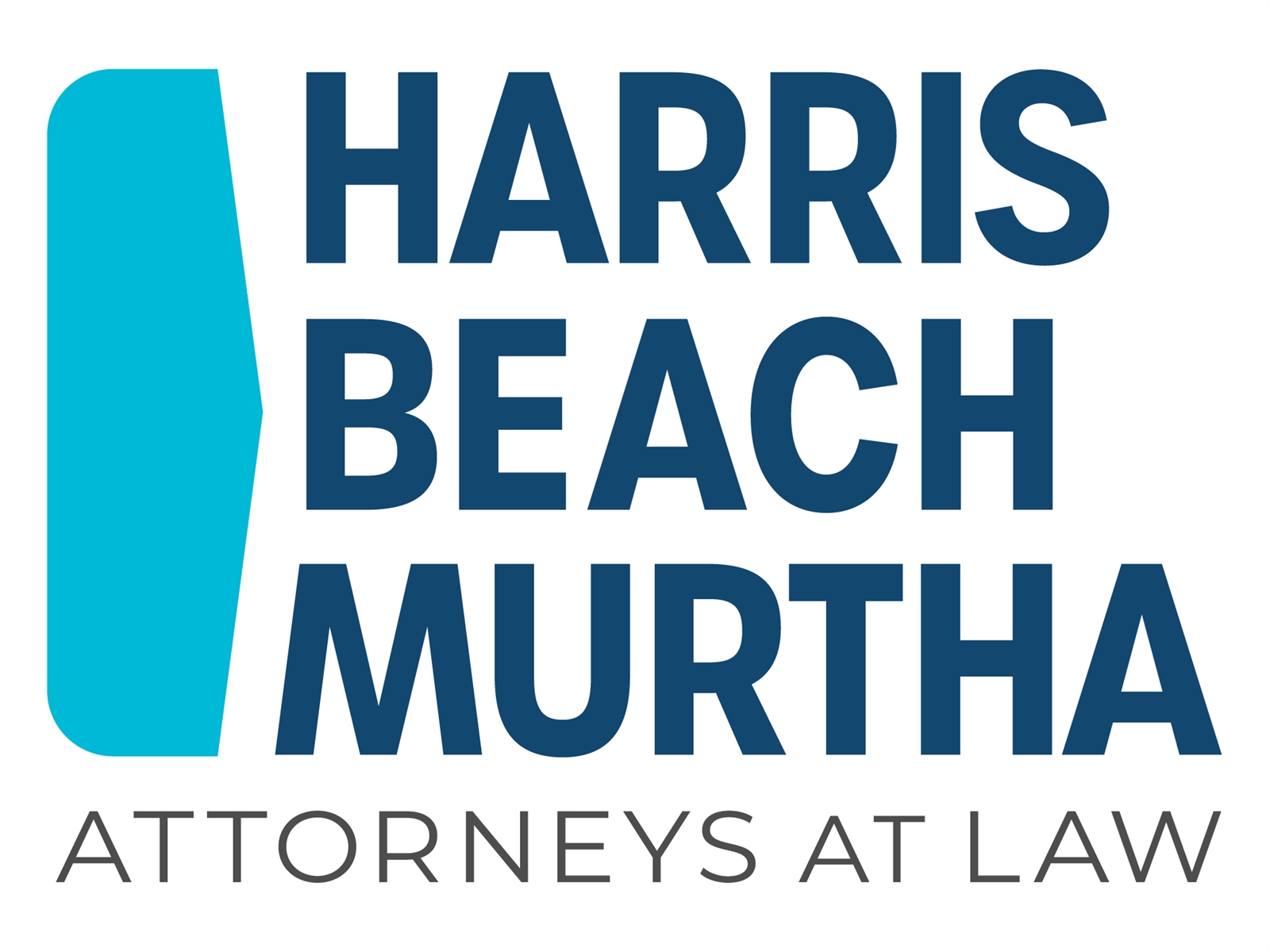A
recent win for a Fairport, New York landlord underscores how vital it is for prospective tenants or buyers to conduct thorough due diligence before signing any lease or purchase agreement.
In the Supreme Court of Monroe County, Three Buds LLC had entered a commercial lease with NCTBP Calabrese LLC. Before the business could open, the floor of an adjacent unit collapsed, prompting the Village of Fairport to declare the entire building unsafe and bar Three Buds from occupying the space. The tenant sued for breach of contract, breach of the implied warranty of good faith and fair dealing, fraudulent representation, fraud in the inducement, unjust enrichment, and negligence. Three Buds sought partial summary judgment on the contract, unjust enrichment, and implied warranty claims, and also asked the court to dismiss Calabrese’s affirmative defenses and counterclaims.
The case hinged on several legal standards:
* **Summary Judgment** – The plaintiff must show, by a prima facie case, that no material facts are in dispute and that judgment is warranted by law.
* **Breach of Contract** – The plaintiff must prove an agreement existed, performance occurred, the defendant breached, and damages resulted.
* **Unjust Enrichment** – The plaintiff must show the defendant was enriched at the plaintiff’s expense and that equity forbids the defendant from keeping the benefit.
* **Implied Warranty of Good Faith and Fair Dealing** – The plaintiff must demonstrate the defendant’s conduct, though not expressly prohibited, deprived the plaintiff of contractual benefits.
The court denied Three Buds’ motions, finding that Calabrese raised triable factual issues, including:
1. Lease language stating use of the premises is subject to all governmental rules, implying that a casualty could prevent use.
2. Three Buds’ prior knowledge of excavation in the neighboring unit.
3. A condition precedent requiring Calabrese to regain possession and obtain governmental approvals.
4. The absence of bad faith, with disruptions attributed to pandemic and code‑enforcement matters beyond Calabrese’s control.
5. Calabrese’s good‑faith effort to mitigate the problem by placing rent checks in an interest‑bearing account after instructing Three Buds to stop sending rent.
Three Buds appealed to the Appellate Division of the Supreme Court of New York, but the appeal was denied on September 15, 2025.
**Key Lessons**
* Perform exhaustive inspections and engage qualified professionals to verify that a property is suitable and authorized for your intended use.
* Anticipate regulatory hurdles and document all due‑diligence steps and communications.
* A court’s refusal to grant summary judgment often signals that factual disputes remain; thorough preparation can prevent costly litigation.















